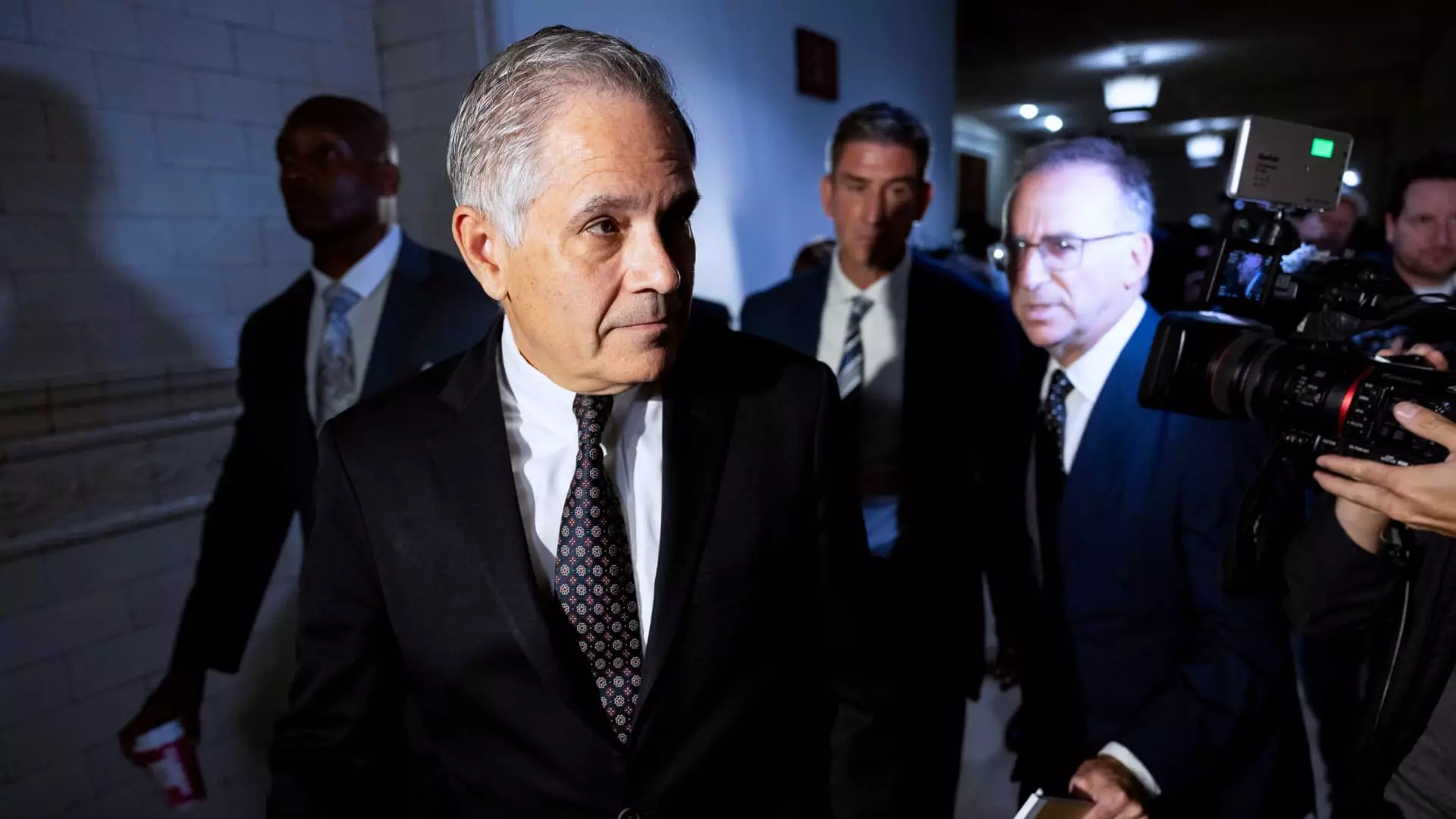The recent court hearing involving Philadelphia District Attorney Larry Krasner and Tesla CEO Elon Musk has brought to the forefront concerning legal and ethical questions surrounding political giveaways. Central to the case is Musk’s political action committee (PAC), America PAC, which has come under scrutiny for a promotion that allegedly offers registered voters in swing states, including Pennsylvania, a chance to win $1 million. Krasner’s testimony asserts that this promotion constitutes an illegal lottery, highlighting the conflict between political free speech and consumer protection laws.
At the heart of Krasner’s argument is the characterization of Musk’s promotional strategy as a violation of Pennsylvania’s lottery laws. In his testimony, Krasner termed the giveaway a “scam” and a “grift,” effectively branding it as an exploitative tactic designed to enhance the PAC’s political clout in the lead-up to the November election. This assertion raises important questions: What constitutes an illegal lottery in the context of political fundraising? According to Krasner, the requirement for participants to sign a petition supporting the Constitution effectively draws the giveaway into the realm of consumer protection laws. If this initiative can be confirmed as a lottery, the implications for Musk and his PAC could be significant, resulting in legal penalties and reputational damage.
The legal framework surrounding lotteries typically includes three components: consideration, a prize, and a random drawing. Although America PAC’s representatives argue that participants are merely signing up as contractual spokespeople rather than entering a lottery, the legal definitions of these elements remain ambiguous. This lack of clarity further complicates Krasner’s case and raises fundamental questions about how emerging digital promotional strategies intersect with established regulatory frameworks.
Beyond the legal arguments, the ethical implications of Musk’s actions deserve careful consideration. The million-dollar giveaway is ostensibly meant to incentivize civic engagement among voters, but the motivations behind such gestures are often suspect. Critics argue that large financial prizes may skew electoral engagement towards those who might otherwise lack interest or feel disillusioned, thus undermining the democratic process. The stakes are made even higher given the ongoing scrutiny regarding the influence of money in politics.
Krasner, a Democrat, emphasized during his testimony that his decision to sue Musk had no partisan motivations, highlighting the importance of fair legal practice. He noted that he would have pursued similar actions against any political figure, irrespective of party affiliation. This claim reinforces the idea that legal and ethical standards should transcend political allegiance and remain constant in the face of questionable practices.
A significant point of contention in this case revolves around the balance of First Amendment rights with legal accountability. Chris Gober, the former treasurer of America PAC, vocally defended the committee’s actions, asserting that no district attorney could infringe upon Musk’s First Amendment freedoms. However, the argument that constitutional freedoms protect all forms of political speech, including potential fraud, is becoming increasingly precarious. Krasner strongly countered this viewpoint, reminding Gober and the court that legality must prevail over mere claims of free speech, particularly when fraudulent actions are suspected.
Gober described the recipient selection process as one devoid of true randomness, implying that the announcement of winners had been pre-determined. This testimony was seized upon by Krasner’s attorney, who framed it as an admission of liability. The irony here lies in the fact that for all the millions claimed to have been awarded, the underlying mechanics may deviate significantly from the transparency expected in democratic practices.
As the case unfolds, it is poised to send ripples across the landscape of political fundraising. The intersection of technology, law, and ethics will come under scrutiny as this situation progresses. If the court sides with Krasner, it could establish important precedents regarding the legality of similar promotions and the responsibilities of PACs. Such a ruling might compel organizations to reevaluate their strategies to avoid legal entanglements, potentially reframing the dynamics of political engagement in the digital age.
The ongoing court proceedings surrounding Elon Musk’s PAC and its controversial million-dollar giveaway shine a light on critical issues at the intersection of law, ethics, and political expression. As stakeholders await a verdict, the implications of this case could resonate far beyond Pennsylvania, prompting a broader reassessment of how political campaigns harness the power of financial incentives in democracies. The outcome could redefine the boundaries of both free speech and legal accountability in the political arena.



Leave a Reply